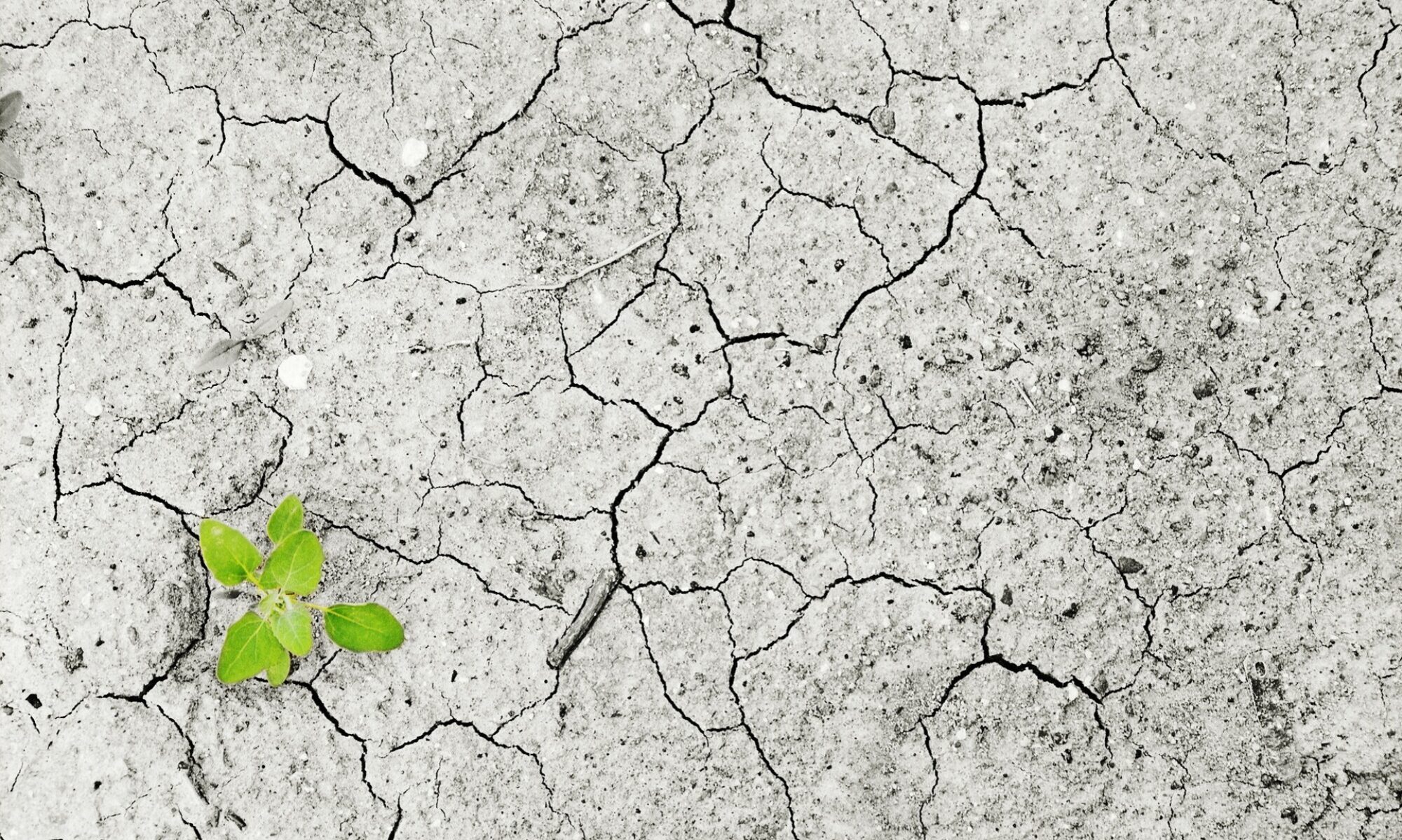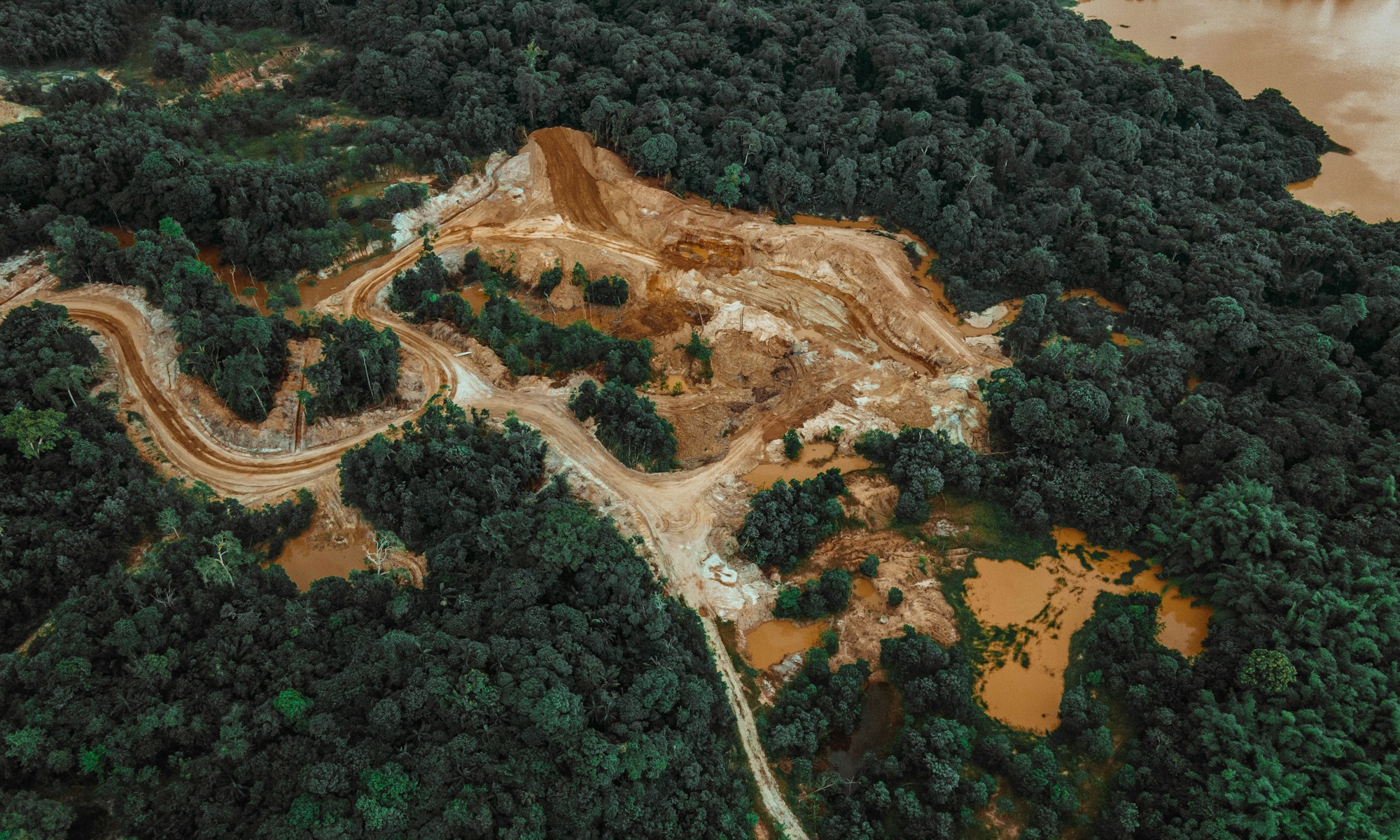30 May 2023 – by Ella Kiyomi Dobson
Agriculture is the most significant contributor to deforestation globally. Commodities linked most greatly with deforestation are cocoa, palm oil, timber, rubber, cattle, coffee, and their derivative products (leather, chocolate, and furniture). The EU import of these agricultural products is the second largest contributor to deforestation globally, after China. As a result, the European Union proposed the Regulation to curb EU-driven deforestation and forest degradation in November 2019 to rectify its contribution to the degradation of some of our world’s most important ecosystems. The passing of the law in the April 2023 European Union plenary session means the law will come into effect in the coming days.
This law requires operators to collect geographic coordinates of where the commodity was produced. The law will allow a strict-level of traceability to ensure that products entering the EU market are sourced from deforestation-free areas. This law is the world’s first to tackle deforestation and curb the impact deforestation has, particularly on indigenous communities whose livelihoods depend on forest ecosystems. More importantly, it tackles legal deforestation and illegal deforestation, which sets this law apart from other global initiatives. By sanctioning legal deforestation, the EU hardens the environmental protection level rather than other countries that may lower environmental protections to sell products on the European market. In addition, the EU Commission has proposed Forest Partnerships for producing countries to support a just transition to sustainable value chains. Partnerships with these producing countries would create socio-economic opportunities for people living in communities reliant on agricultural output for their livelihoods.
This law is groundbreaking, could have wide-reaching impacts, reduce carbon emissions by 31.9 million metric tons a year, and reduce the number of communities displaced by agricultural expansion. This ambitious regulation has direct environmental and social implications and impetus for other nations to follow suit. For example, in the US, the FOREST Act was drafted by lawmakers in 2021. With similar but less stringent parameters, this act would sanction those companies involved in “illegal” deforestation. However, with Republicans taking control over Congress in November 2022, there are fears the Forest Act will be blocked. With the passing of this EU regulatory law, there will be pressure on the US government to sanction products coming from regions with continued forest degradation. If India, China, the US and Japan followed the EU’s footsteps, “75% of the world’s imported deforestation could be eliminated”. This law is the first of its kind, but hopefully a stepping stone for improving biodiversity loss, human displacement, and CO2 emission outputs.



